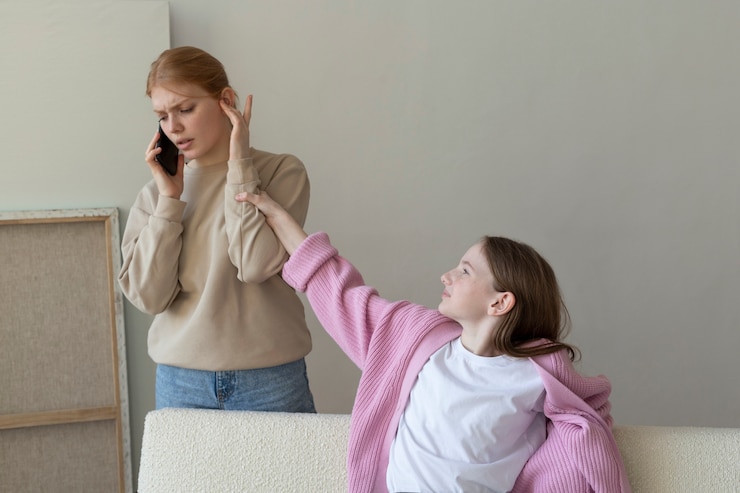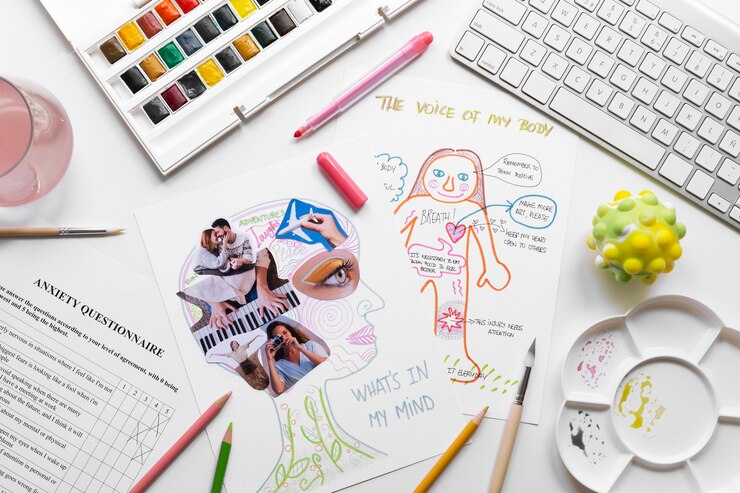
If you’re feeling overwhelmed with parenting a child with ADHD, you’re not alone. Here are tried-and-true steps from a child therapist (who is also a parent of a child with ADHD) to help you move forward with confidence and clarity. Dealing with a child who has ADHD can be emotionally and mentally challenging for caregivers. However, by following these five practical tips, you can keep perspective and improve the well-being of both you and your child.
**Table of Contents**
**Can I Be Honest?**
There are days when I wonder how different my life might be if I weren’t raising a child with ADHD. Would I have more patience if I didn’t have to use every last bit on emotional outbursts and challenging behavior? Would my home be tidier without the impulsive messes? Could I be the “fun mom” more often, without needing to enforce routines and structure constantly?
These thoughts tend to surface when the responsibilities of raising a unique child feel particularly heavy. On such days, it seems like other parents have it easier, and the dreams I had for family life seem out of reach. Thankfully, with seven years of experience, these feelings occur less often. Time offers hope, room for growth, and perspective.
When you find yourself overwhelmed and exhausted, remember to focus on what truly matters: the well-being of both you and your child.
**Pause and Reflect**
Allow yourself to take a break when you’re at your wit’s end. Most situations aren’t emergencies, and taking a moment to regroup can lead to more effective responses. When the world feels like it’s spinning, pause and reflect on your emotions. What’s beneath the anger and frustration? Is it fear that your child will never learn to clean up after themselves? Whatever you feel is okay.
Acknowledging your emotions when overwhelmed by your child’s ADHD is the first step. Emotions are temporary; by honoring them, you allow them to pass. Having thoughts about your child’s challenges doesn’t make you a bad parent. Being mindful and not reacting out of frustration allows you to be the best parent you can be while maintaining a strong relationship with your child.
**Related: 75 Awesome Calm Down Strategies for Kids**
**Embrace Your Unique Journey**
You likely didn’t expect to navigate the special needs parenting journey. Adjusting to the challenges that come with ADHD requires time, patience, and self-compassion. Parents of children with ADHD often judge themselves harshly. Remember, you are not responsible for your child’s ADHD behaviors; they are symptoms of a neurological condition, not poor parenting.
When negative thought patterns arise, counter them with truth and realism: “I’m doing my best and so is my child,” or “It’s up to me to understand ADHD symptoms, not for others to judge.” Find ways to work through complex emotions, whether by talking to another parent, journaling, or praying.
**Related: The Best Mindset for Parenting a Strong-Willed, Highly Emotional Child**
**Focus on Strengths**
Helping your child manage ADHD includes emphasizing their strengths. During rough patches, it’s crucial to remember your child is more than their challenges. Fred Rogers beautifully captures the essence of seeing a child’s true potential. Enjoy the gift of discovering who your child truly is.
When consistently dealing with challenging behaviors, it’s easy to become overwhelmed. Stress puts your brain into survival mode, causing reactions from the limbic system rather than logical thought processes. Remember, behaviors are temporary. With support and encouragement, your child will develop skills like impulse control and self-regulation.
**Related: Disciplining a Child with ADHD**
**Repair and Reconnect**
On days when patience runs thin, and you’re struggling to handle your child’s behaviors, it might be time for some relationship repair. A secure connection with a caregiver is essential for any child, especially those facing additional challenges. Prioritize the relationship. Step back from control and share simple moments of joy and laughter with your child. Connection can work wonders when stuck in a difficult cycle.
Remember, the greatest lessons often come from the toughest challenges. While your child’s behaviors test your patience, they also help it grow. A clean house may seem less important, and even routine and predictability can become comforting. Your child will be okay because they have something invaluable: a loving, dedicated parent in their corner.
**Updated Edition**
P.S. Look for more support on your ADHD parenting journey…



